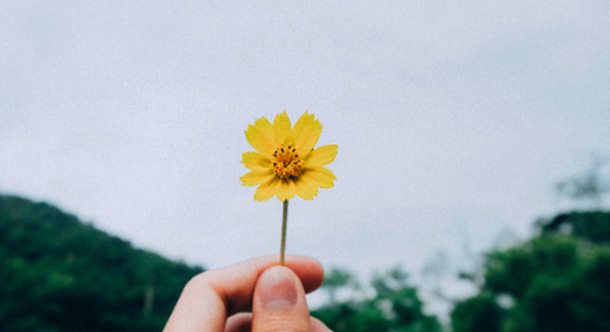
Mary Mulligan, Senior Occupational Therapist here at St Patrick’s Mental Health Services, outlines the ways we can adjust to new routines and busier schedules.
She also offers some helpful tips we can use to help manage our growing lists of daily activities.
Easing restrictions
As COVID-19 restrictions ease, and the balance of our activities continues to adjust and grow, there might be an increase in the stresses and anxieties in our everyday lives. We might have become used to a slower pace of life, a relaxed social calendar and an improved work-life balance.
The role of occupational therapists is to enable us to improve our day-to-day quality of life by looking at our activities from the moment we wake to when we return to bed.
It is said that the balance of activity in our lives can support or impede our wellness. To maintain our wellness, we need a balance of activities that includes:
- Leisure activities (our hobbies and interests)
- Self-care activities (activities that we do to look after our physical and mental health)
- Productive or work activities (the jobs, both paid and unpaid, we do in our day-to-day lives).
Managing our changing activities
As we transition from one phase of COVID-19 to another, it is understandable if you feel increased stress and anxiety as the occupations in our daily routines shift to include increased socialisation once again. There are a few key strategies below to help manage our activities through our daily occupations.
-
Plan
Use a planner to draw out a manageable and satisfying routine. This may involve returning to an old routine that once supported positive mental wellbeing, or making changes to create a new routine.
Use tools that you are most comfortable with; for example, the calendar on your phone, the calendar or chalk board on your kitchen wall, or a small diary tucked into a bag or pocket.Grade the level of activity to suit the level you feel you are at: start by planning one leisure, one self-care and one work activity each day and then, gradually, as you feel able, increase this by adding in more activities.
Download this handy planner to get you started. -
Know your limits
Be mindful that we all have a different vulnerability to stress and that this changes constantly over our lifetime, depending on what is happening in our world. For example, after a holiday we are more likely to have a higher ability to manage stress than we do before we go.
We need to take time in our routine to think about what activities we are able for when planning our routines. We need to assess our ability to take on new or extra activities and to think if we have the mental capacity to manage these activities.
When planning our routines, we may need to prioritise certain responsibilities such as childcare, caring for an elderly relative or work-related tasks. After these tasks are planned into our routines, we need to carefully choose how we spend whatever time and mental capacity we have left. -
Practice saying no
Sometimes our families, friends or colleagues offer advice as to how best we should organise our routines and use our time.
Remember that you are the expert in what works for you and what activity balance supports your mental health. When invited to take part in things that do not fit with your balanced routine, it is ok to say no.
As toddlers, we use the word “no” easily, but, as adults, we are often too polite to say no. Practice using the word “no” to mind your mental health. It is not selfish or lazy to spend your time in a way that maintains positive mental health; it allows you to follow a path that is supportive of your wellbeing. -
Protect your time
Cultivate an environment at work and at home that is supportive, optimistic and respectful.
Be observant of the activities that excite and satisfy you and the activities that drain you.
Reflect on your routine and explore if there are activities which you can let go of to reduce stress in your routine.
Engage with activities that are both satisfying and stimulating.Surround yourself with people who respect your boundaries and encourage you on your journey to maintain positive mental health.
-
Seek support
Seek out the support you need from family, friends and health professionals to help you to create a routine that reduces the stress and anxiety of everyday life especially in uncertain times as COVID-19’s impact continues to evolve.
Download your PDF planner
Learn to balance your daily activities with our daily planner.
Download here
Looking after our mental and physical health during the COVID-19 outbreak
Continue to…
Supporting people through mental health difficulties



